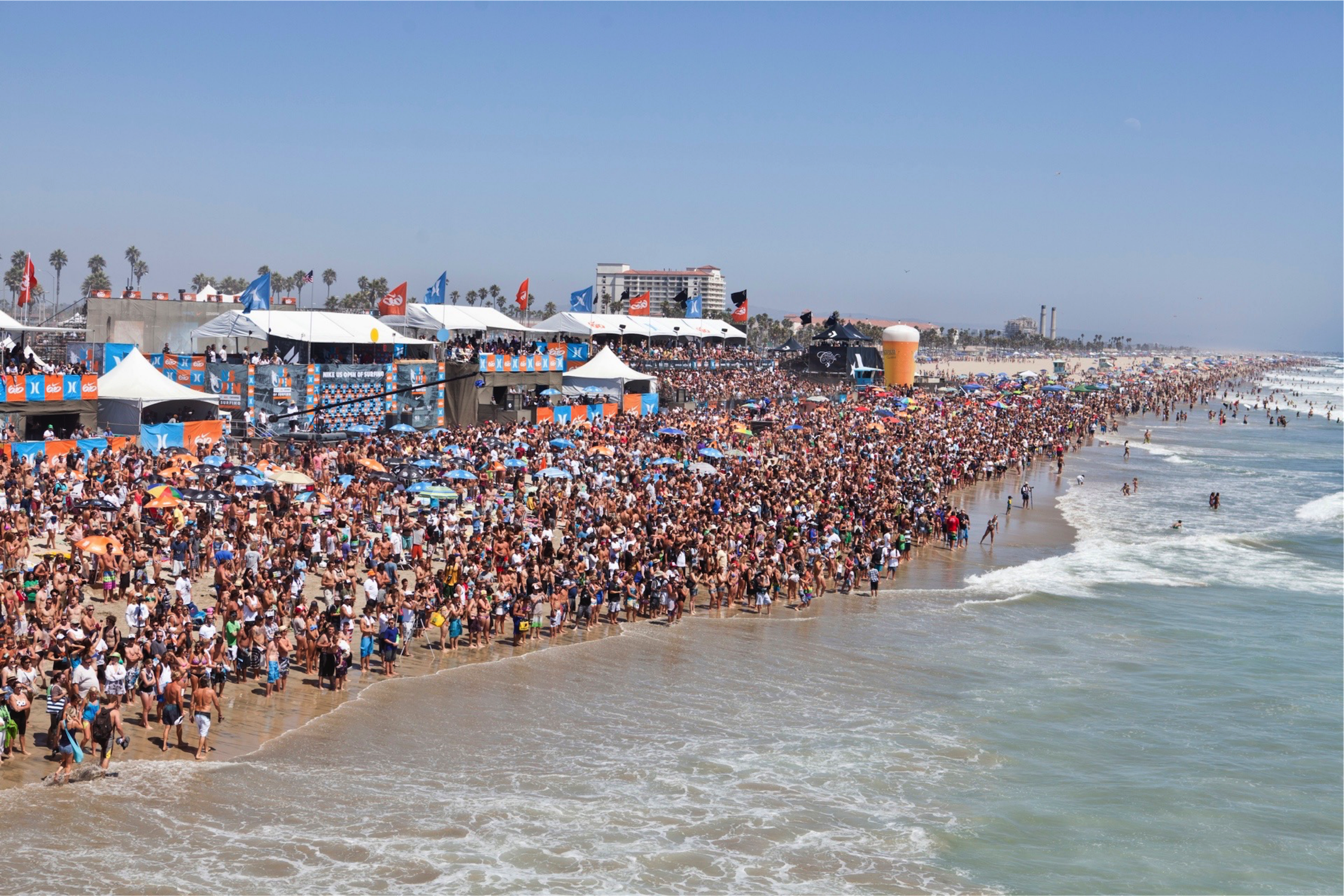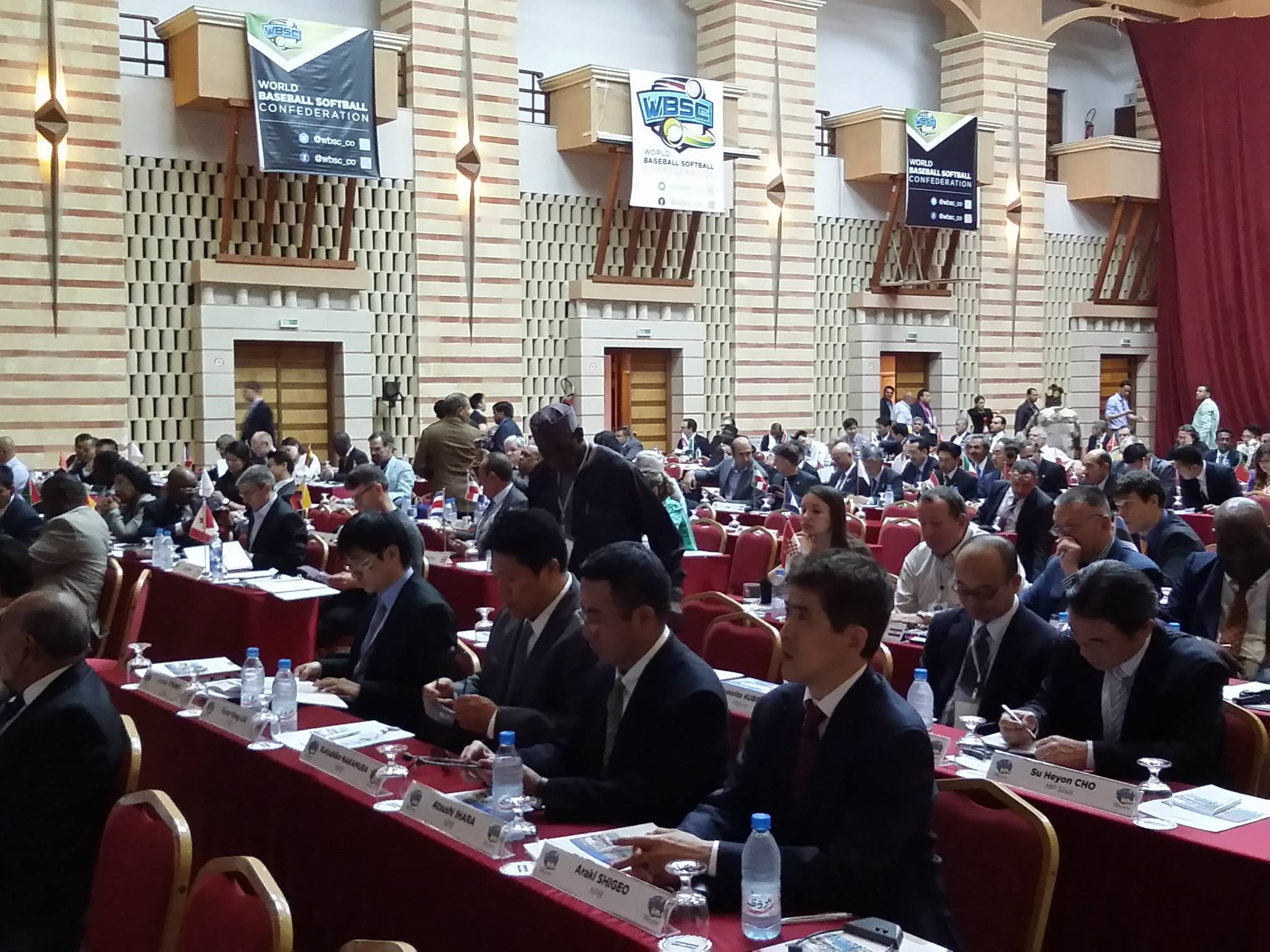International Olympic Committee president Thomas Bach has said in implementing his would-be 40-point reform plan, dubbed Agenda 2020, that talking the talk simply won’t do. To make the plan real, he has stressed, the entire Olympic movement must walk the walk.
The IOC, indeed the Olympic movement worldwide, tends to be conservative, traditional, cautious. This is the obvious problem with urging sports officials, even the most well-meaning, to make bold change in line with much-needed reforms.
Thus the news Monday from Tokyo arrived like a lightning strike.
The Tokyo 2020 organizing committee announced it is proposing five sports, with a combined 18 events, for those Games: baseball/softball, karate, skateboarding, surfing and sport climbing.
Credit now where it is due: in picking those five, Tokyo organizers seriously walked the walk.
Most of the instant-reaction headlines worldwide centered on baseball/softball and on karate. At first blush, you can understand: baseball and karate are both important in Japan.
That’s not the story, though.
In skateboarding, surfing and sport climbing, the IOC gets a three-way edgy bang — urban sports, beach scene, hard-core gym rat with heavy outdoor vibe — in its reach-out to the demographic, teens and 20-somethings, with whom it is assiduously trying to connect.
The IOC is now very much in the business of asserting that it is not just relevant but the Games are, in a word, cool. In recent years, with the Summer Games program stagnant, that has been a much-harder sell for the Olympic brand.
In sum: this three-way makes for Agenda 2020 in action.
Compare the rock-n-roll driven, bodacious bikini and hard-body board-shorts scene at surfing with — oh, archery. Or even -- golf.
You're 22. Or 19. Where's the party? The DJ? On the 16th fairway, where you can't even talk loudly?
Beach volleyball is going to be the big ticket at the Rio Games. Why? Because it's a party -- combining sport, music and scene.
Same for surf, skate, climb.
Sport climbing, for those who have never seen it, is huge in Europe. As for skateboarding and surfing — assuming approval, they will soon be to the Olympics what beach volleyball is now, and w-a-y more.
“Comparing it to what skateboarding is, and if done correctly,” said Gary Ream, the Pennsylvania-based president of the International Skateboarding Federation, “seriously, I do believe that we can make a huge positive impact on youth globally.
“It’s crazy. I do believe it. Truthfully, it’s something the IOC has never seen before that could happen.”
The announcement Monday marked both an end and a beginning.
The Agenda 2020 rules, approved by the full IOC last December, allow host cities to propose one or more additional sports for their Games; the additions would be on top of the 28 sports already on the program; changes could not add more than 500 athletes, total.
In June, the list of potential add-ons was cut from 26 to eight.
On Monday, in selecting five, organizers cut squash, bowling and wushu, a Chinese martial art.
The full IOC, meeting next summer at the Rio Olympics, will make a final decision — yea or nay — on each of the five that got picked Monday. The five sports, with those 18 events, would add 474 athletes — 26 under that 500 limit.
“It was quite a difficult task,” the vice governor of Tokyo and a member of the review panel, Toshiyuki Akiyama, said. “Baseball/softball and karate were proposed and supported by the Tokyo metropolitan assembly. As for skateboarding, sports climbing, surfing, the key word is ‘youth.’ ”
Let’s be honest: baseball might be the driver, because it’s Japan, but the real winner here would be softball, which never should have been booted off the program in the first instance, and only was because it was perceived by far too many IOC members as a) too American and b) "baseball for girls."
Both baseball and softball were kicked out after the 2008 Beijing Olympics.
Let’s be honest about this, too: baseball/softball can hardly be considered a lock to win full IOC approval. The participation of MLB players is still in doubt, and baseball — not softball — can be perceived within the IOC to have a considerable doping problem.
The president of the World Baseball Softball Confederation, Italy’s Riccardo Fraccari, had proposed an eight-team baseball tournament, with two groups of four teams each playing over five days.
Tokyo 2020 came back with six teams and 144 players; the women’s softball competition would feature six teams and 90 players.
Karate would have eight men's and women's events and a total of 80 athletes; skateboarding, two street and two park events, 80 athletes; sport climbing, two events in bouldering, lead and speed combined for 40 athletes; surfing, two events, shortboard only, 40 athletes.
“We’ve reached second base,” Fraccari said, according to Associated Press. “Now we’ve got to wait until Rio to get home.”
Ream also cautioned, “It’s not all done yet,” in part because the ISF is still working on being the federation the IOC would recognize as the sport’s official Olympic body.
At the same time, he said, “Skateboarding is so different,” adding a moment later, “It’s just — it’s going to be so refreshing to see first-hand how neat the kids are, and this spirit.”
At the 2014 Nanjing Youth Games, skateboarding was shown off as part of what the IOC called a “Sports Lab.” It drew big, enthusiastic crowds.
The American Tony Hawk, one of the sport’s icons, said in a statement, “It is exciting that skateboarding could possibly be included in the Olympics. This is not only a great opportunity for our sport and the skaters, but also for the Games.”
Added Amelia Brodka, a pro skateboarder from Poland, “If managed by the right people,” a clear reference to ISF, “this could be a lifetime opportunity to expose women’s skateboarding to a global audience and to get many more girls involved into our sport.”
The reaction was much the same in surf circles.
Mick Fanning, a three-time world champion, said in a story published by the Australian Olympic Committee, “It would be amazing for surfers to have the opportunity to go and surf at the Olympics.”
Fanning made world news this summer by beating off a shark attack at a contest in South Africa. Who wouldn't want a dude around its event -- thinking now of the IOC -- who has proven himself tougher than a shark? (Digression: insert IOC politics joke here.)
Fanning also said of the Games, “It is probably the most-watched sporting event in the world. It would be a huge honor to go and represent your country at such a prestigious competition.”
Even the premier of New South Wales, one of Australia’s states, said he was stoked about the possibility of surfing making the 2020 Games.
“My love of the ocean and surfing is well known,” premier Mike Baird said, “and I’m absolutely thrilled to hear the sport is now getting close to being included in the Olympic line-up.”
Surfing doesn’t have to worry about which acronym is in charge for Olympic purposes. That’s the ISA, the International Surfing Assn., led by Fernando Aguerre, based in La Jolla, California.
Surfing’s issue is where to surf. Like, maybe in the ocean. Obviously, dude. But maybe -- what about a structure to be built in Tokyo itself featuring the new wave-pool technology?
Cities worldwide now have skateparks, right? If the IOC opts for wave technology, expect an explosion in such water parks; it would offer the vehicle to grow surfing everywhere, to take it to places hundreds if not thousands of miles from the ocean. On every continent.
That’s a decision for down the road.
On Monday, Aguerre — on a telephone call after his own daily surf session in the Pacific, the day after the conclusion of a hugely successful adaptive surf contest — said, “My first words are words of gratitude: gratitude to the IOC, gratitude to Agenda 2020. This is Agenda 2020 in action: renewing, modifying, updating the program.
“There’s a lot of excitement, I imagine in the skateboarding and sport climbing worlds. There is a lot of excitement in surfing. I am myself excited about it, and I am very, very happy about it.”






